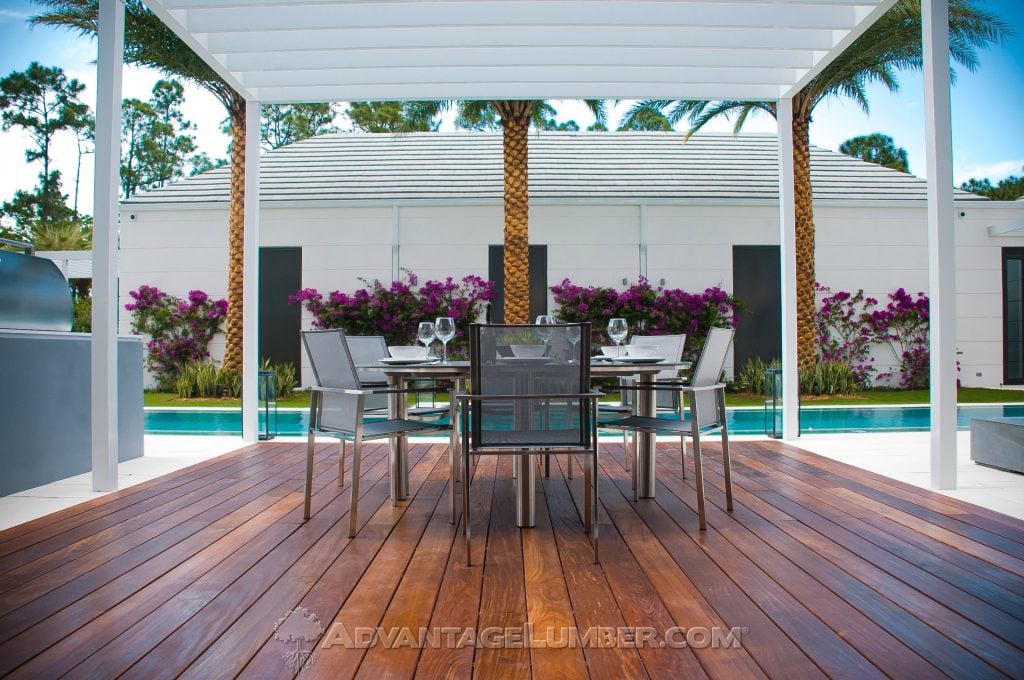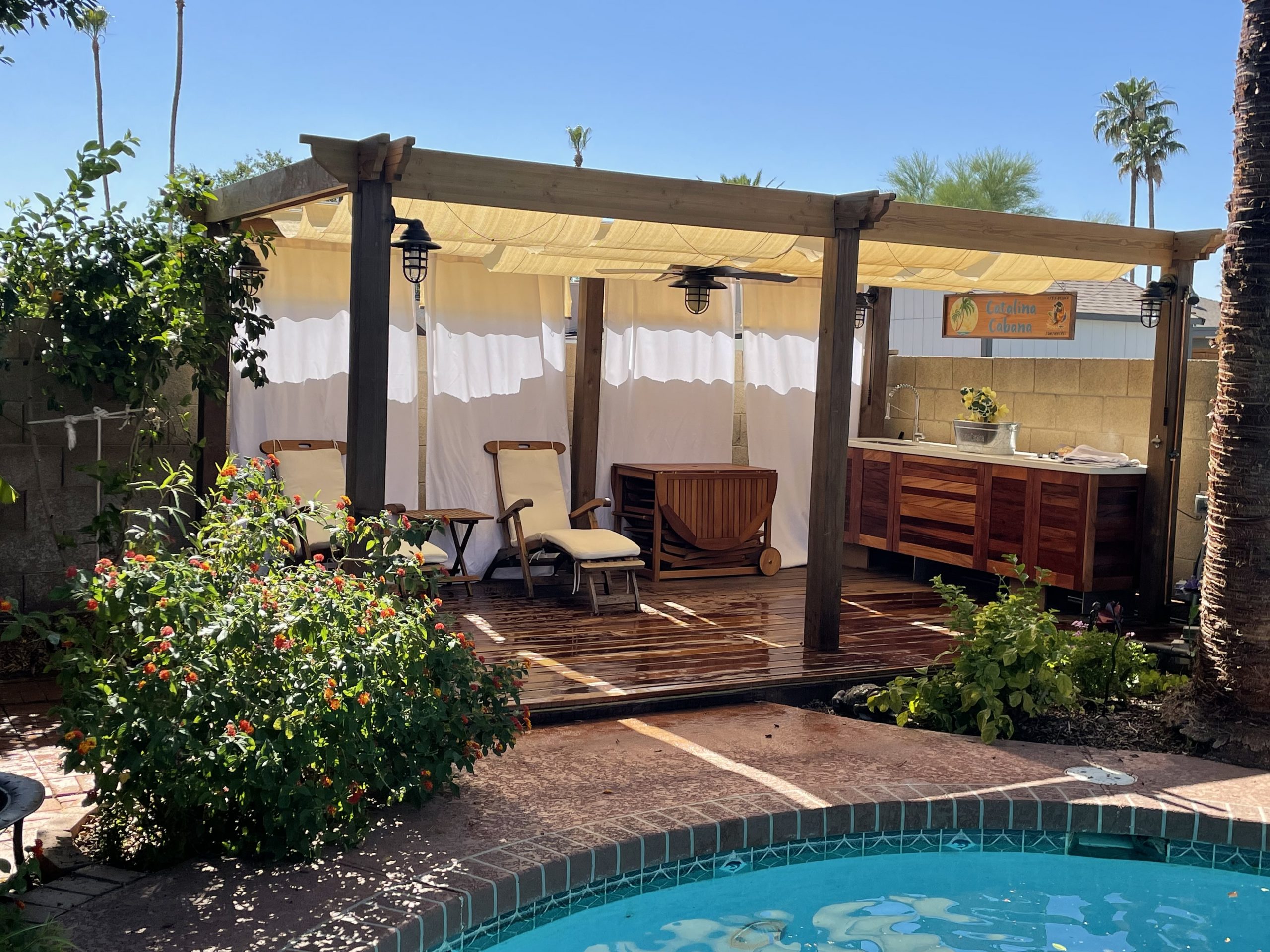Pergolas are beautiful structures that can add elegance, shade, and a touch of nature to any outdoor space. Many homeowners wonder if they can introduce this architectural feature to their deck, especially if it’s elevated.
The short answer is yes, but there are essential considerations to ensure safety and longevity. Let’s delve into the details.
1. The Basics of Pergolas on Decks
A pergola on a deck can serve multiple purposes:
- Aesthetic Appeal: Pergolas can transform a plain deck into an inviting outdoor living space.
- Shade: With the right design, a pergola can provide relief from the sun, making your deck more comfortable during hot days.
- Support for Plants: Pergolas can act as a support for climbing plants, adding a touch of greenery to your deck.

2. Elevated Decks: The Special Considerations
Elevated decks come with their own set of challenges when adding a pergola:
- Wind Load: Elevated structures are more exposed to wind. A pergola can act like a sail, catching wind and potentially destabilizing your deck.
- Weight Distribution: Elevated decks are designed to support a specific amount of weight. Adding a pergola increases the load on the deck, which can be problematic if not accounted for.
3. Structural Support: The Key to a Safe Pergola on a Deck
To safely add a pergola to your deck, consider the following:
- Deck Inspection: Before adding a pergola, have your deck inspected by a professional to ensure it’s structurally sound. They can identify any weak points or areas that need reinforcement.
- Footings and Posts: If your deck doesn’t have the necessary footings to support the additional weight of a pergola, you may need to add them. This might involve digging below the frost line and pouring concrete footings. The pergola’s posts should ideally align with the deck’s footings for maximum stability.
- Bracing: For elevated decks, consider adding diagonal bracing to counteract the forces exerted by the pergola, especially in windy conditions.
- Material Considerations: The material of your pergola can significantly impact its weight and durability. While wood is a popular choice, it’s heavier than materials like aluminum or vinyl. The type of wood (e.g., cedar vs. Ipe) can also influence weight and longevity.
- Secure Attachments: Use the appropriate structural bolts and hardware to attach the pergola to the deck. This ensures that the structure remains stable, even under stress.
- Local Building Codes: Always check with local building codes and regulations. Some areas may have specific requirements or restrictions when it comes to adding structures to existing decks.
4. Hiring a Professional vs. DIY
While many homeowners are tempted to take on pergola installation as a DIY project, it’s essential to understand the complexities involved, especially with elevated decks.
Hiring a professional ensures that the pergola is installed safely and in compliance with local regulations. If you’re confident in your skills and have experience with such projects, make sure to do thorough research and perhaps consult with a structural engineer.
Conclusion
Adding a pergola to your deck, whether it’s ground-level or elevated, can be a fantastic way to enhance your outdoor space. However, safety and structural integrity should always be top priorities. By understanding the requirements and potential challenges, you can enjoy a beautiful and secure pergola on your deck for years to come.
